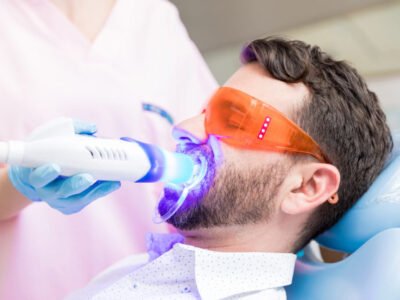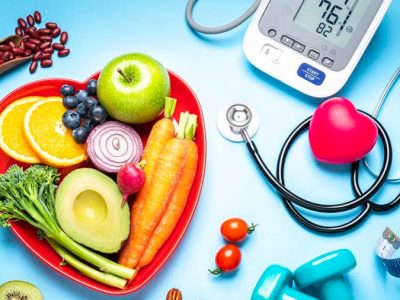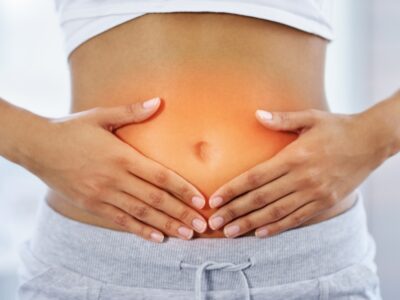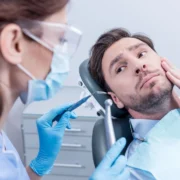
According to the American cancer society, about 4.3% of men risk developing colon cancer. If you are diagnosed with colon cancer, your doctor may recommend surgery to manage your condition and improve your health overall. In this case, you may be forced to adjust your lifestyle and diet.
Here are foods to avoid:
- Sugary foods
Sugar-rich foods like lollies, desserts, candy, and sweetened beverages offer little nourishment and will do more harm than good. Replace them with more nutrient-dense foods like fruits, greens, and lean meats. Besides,
consuming foods with a lot of sugar increases the risk of obesity, a significant risk factor for colon cancer.
- Foods in high saturated fats
Saturated fat-rich foods include pig, lamb, high-fat dairy products like butter, and various processed snack items. Consuming a diet reduced in saturated fat may enhance the effectiveness of treatment.
Your general surgeon will advise that you consume more omega-3 fatty acids, fats derived from fish, nuts, and seeds, for they help prevent colon cancer. They will also recommend you go for fats from sources like olive and canola oil.
- Fried foods
Fried foods can exacerbate colon cancer symptoms and worsen chemotherapy side effects like vomiting, nausea, and diarrhoea. These filling, fatty foods can be challenging to digest and may stay in your stomach for an extended period, raising your risk of experiencing severe acid reflux.
- Cured meat
The World Health Organization designated processed meats as carcinogens in 2015 and advised individuals to avoid consuming them. Cold cuts made of bacon and meat spreads could have additives harmful to the membrane of your intestines. These meats may exacerbate any symptoms you are currently experiencing if you have colon cancer.
- Alcohol & Sugary beverages
It’s vital to monitor your alcohol usage because it has been linked to a higher risk of cancer. Men should only have two drinks at most, while ladies should only take one.
Avoid drinking sugary drinks because they could worsen your diarrhoea.
Fruit juices and sodas are included in this. Avoid caffeine-containing drinks like tea and coffee as well. They may make diarrhoea worse. To stay hydrated, choose electrolyte-rich beverages like broth and water.
- Fiber-rich foods
Fibre-rich foods are challenging to digest, and it’s advisable to minimze your intake. Food may pass through your gastrointestinal tract more slowly due to the fiber. Tolerating can be challenging. Skip the entire grains, raw fruit, and skin-on vegetables. To consume nutrients while causing less discomfort, use prepared, canned, and skinless foods.
- Dairy products
Following colon cancer surgery, avoid or limit dairy products in your diet. Soon after therapy, your digestive system might be unable to digest milk, butter, and other dairy foods. However, you can reintroduce them into your diet gradually once you’ve recovered.
Conclusion
After colon cancer treatment, maintaining your digestive tract and bowels can occasionally be a patient test. It takes time to go back to your usual diet, but adhering to diet instructions by your surgeon will go a long way. If you’re experiencing any issues with certain foods, discuss this with your surgeon and know what to consume.











